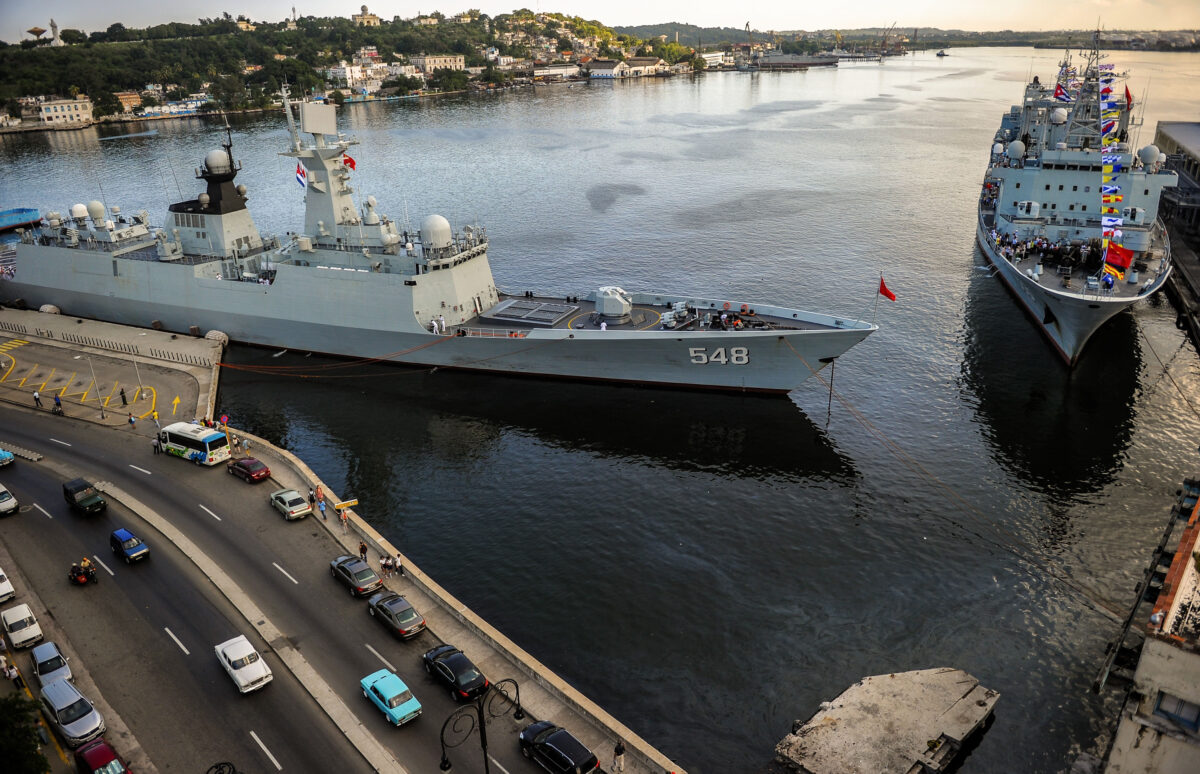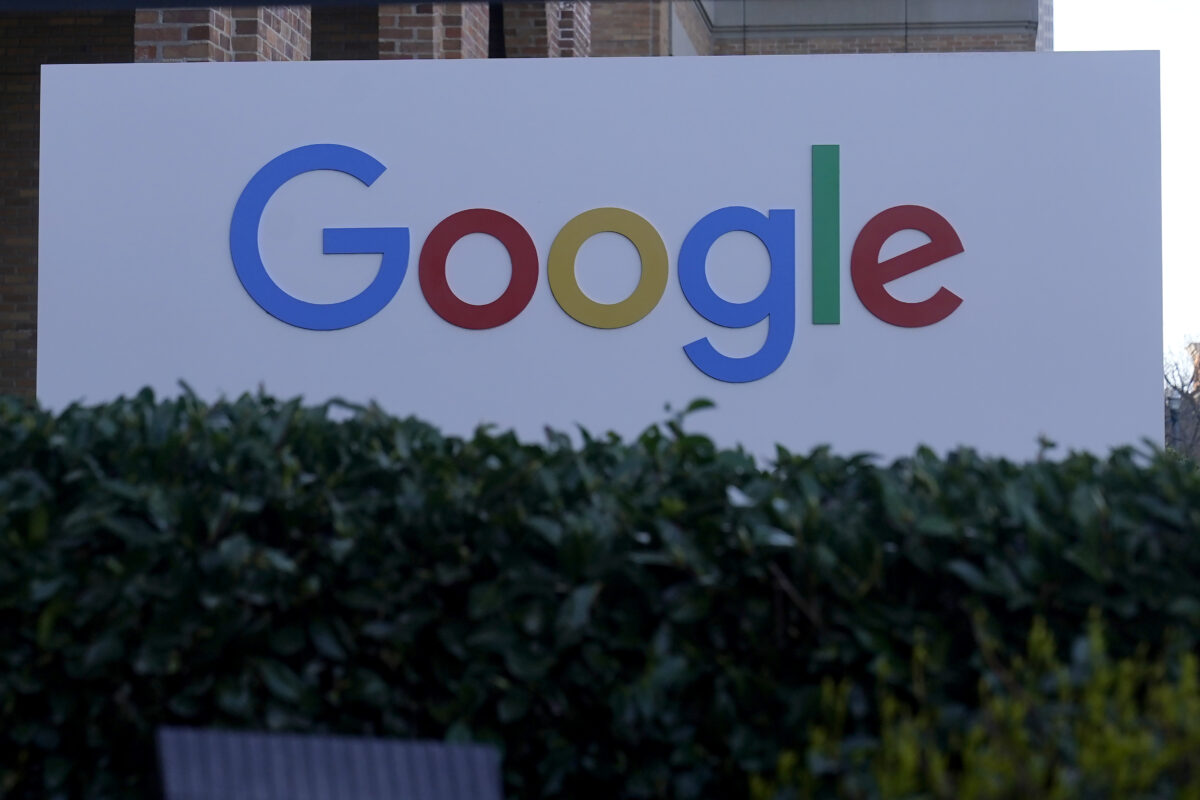Commentary
As a young boy growing up among the servant class in Palm Beach and living just down the street from President John F. Kennedy’s Florida compound during the Cuban missile crisis, it was one of the scariest times of my life. Construction crews were working on a nuclear bomb shelter for JFK under nearby Peanut Island while my classmates and I were practicing hiding underneath our desks in the event of a Soviet attack.
JFK was absolutely right then to make sure the shoe-pounding Nikita Khrushchev didn’t have the capability to launch nuclear-tipped missiles 90 miles from American shores. Thankfully, his combination of steely-spined brinksmanship and deft diplomacy resulted in a Soviet retreat.
Today, an even more dangerous existential threat to America originates from a rapidly militarizing communist China and, again, from socialist Cuba. In this new Cuban (cyber) missile crisis, China is installing far more than a simple surveillance outpost.
One need look no further than similar communist Chinese facilities on islands across the South China Sea to understand that the Cuban adventure is no more a simple listening post than the massive balloon that China sent on a cross-country journey across the United States was, as the Neville Chamberlain of his time, Joe Biden, put it, a “silly balloon.”
In today’s cyber times and age of deadly artificial intelligence, the clear and present danger to America is this: From nearby Cuba, the Chinese dictator Xi Jinping and his People’s Liberation Army will have far better and more lethal cyber and electronic warfare capabilities to wage what the Chinese military itself calls “unrestricted warfare.”

From its Cuban fortress, communist China will be far better able to disable American communications, disrupt our financial systems, misdirect U.S. ship traffic, launch sonic attacks on our Guantanamo base, and, most dangerously, paralyze our electricity grid, rail systems, and water supplies.
From my days in the Trump White House, I can assure you that communist China is planning to wage such unrestricted warfare should “push comes to shove” in some kind of U.S.-China contingency, with the coming battle over Taiwan offering up the most likely possibility.
Here’s what infuriates me the most about the Biden administration’s response to this new Cuban (cyber) missile crisis. First, the gut first reaction of this administration was to immediately lie to the American people about the presence of China in Cuba. “We are not aware of China and Cuba developing any type of spy stations,” Brig. Gen. Pat Ryder, the Pentagon’s press secretary, told reporters.
That leads me to the second infuriating thing: In admitting its lie amid intense public pressure, the Biden administration now claims communist China’s Cuban fortress first popped up during the Trump years—so “blame Trump” is the implication.
Now hear this breaking news: During my service at the White House, I never once heard of any such Chinese fortress on Cuban soil. Ever.
If Donald Trump had been fully briefed about such an existential threat, he certainly would not have tolerated it. He also would have factored such an egregious threat into his tough trade policies against China—and I would certainly have heard about that.
The other possibility is that the Deep State intelligence apparatus simply refused to disclose this information to Trump’s White House. This rings as at least possibly true as I noticed every time I sat in on a national security briefing, America’s so-called intelligence officers would always take a “see no evil” appeasement posture toward communist China, perhaps fearful that Trump would take an even tougher line on Xi’s dictatorship.
Here’s the bottom line: communist China is now using its debt trap diplomacy to drag an impoverished and cash-starved socialist Cuba into its panda Belt and Road Initiative bearhug. If the Biden administration fails to immediately shut this down, a strategic Cuban naval port will likely be next on Xi’s shopping list.
Views expressed in this article are the opinions of the author and do not necessarily reflect the views of The Epoch Times.


















































